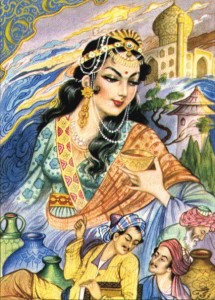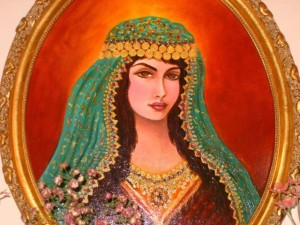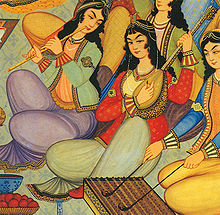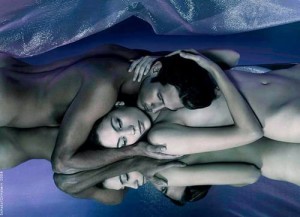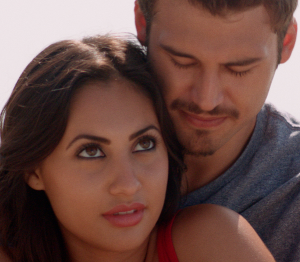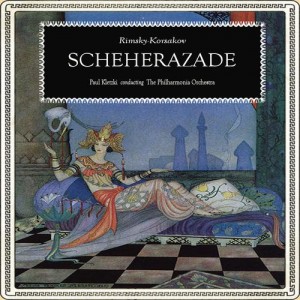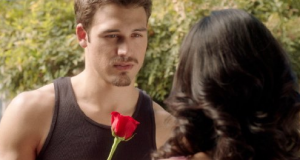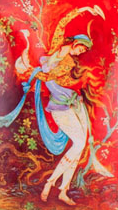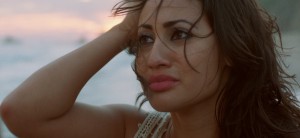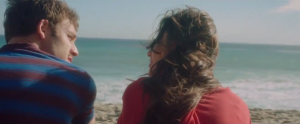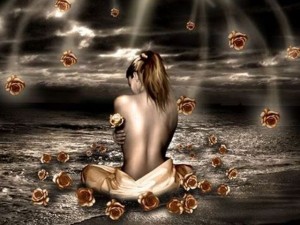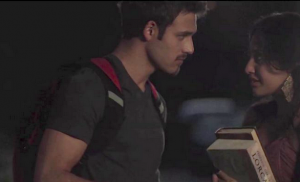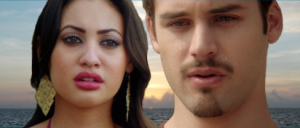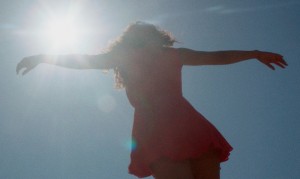Rumi and Lorca’s poetry used in BEYOND PARADISE
“When nothing existed, Love existed; and
when nothing shall remain, Love shall remain;
It is the first and the last.”
– Princess Shéhérazade, One Thousand and One Nights.
Ancient Persian collection of tales “Hazar Afsan.”
Rumi
Rumi was a poet, a philosopher and a Sufi mystic. His spiritual and love poems transcend all boundaries, races, religions and genders. His poetry and prose of spirituality and wisdom have been widely translated into many of the world’s languages. In 2007, he was described as the “most popular poet in America.“Wikipedia.
Rumi wrote poems about the ecstasy of romantic and sensual love about 300 years before Shakespeare. Rumi wrote:
“The lover’s cause is separate from all other causes
Love is the astrolabe of God’s mysteries.”
and this:
“One day you will take my heart completely
and make it more fiery than a dragon
Your eyelashes will write on my heart the poem
that could never come from the pen of a poet.”
“A scholar does not understand what a drunk is feeling
Do not try to guess what Lovers drunk with love might do next.”
Rumi’s spiritual, philosophical and mystic oeuvre is considered by many as the Persian ‘Holy Book.’
Lorca
Lorca was a passionate Spanish poet, dramatist and theater director (‘Blood Wedding’, ‘Yerma’, etc.) He felt a deeper affinity for theater and music than literature. Like his pianist mother, training as a classical pianist, Lorca’s first artistic inspirations arose from the scores of Debussy, Chopin and Beethoven.
Considered a dangerous, outspoken liberal, Lorca was gay and a close friend of liberal thinkers and artists such as master filmmaker Luis Buñuel who fled to Paris. Lorca was only 38 years old when in the middle of the night he was kidnapped and executed, probably by the dictator Franco’s Nationalist forces during the Spanish Civil War. His remains were never found.
This poem is recited in Farsi at the wedding off screen by actress and singer Fereshiteh Dehghani.
“They say that paradise is in high heaven
Where angels and elixirs await.
Let’s now enjoy wine and love
In sweet anticipation of our destiny.”
– Rumi, 13th C. Persian poet.
Shahrzad sings this Rumi song in Farsi as she plays the piano for Elana, hoping she would become her piano teacher.
“Advice does not help Lovers
They are not a mountain stream
you could stop by building a dam across.
A scholar does not understand what a drunk is feeling
Do not try to guess what lovers drunk with Love might do next.”
– Rumi, 13th C. Persian poet.
On the beach, Shahrzad leaves Sebastian saying “I must go back…” Sebastian manages to pull her back by surprising her with this poem:
Sebastian
“In your eyes I see the heavens.
In the heavens I see your eyes.”
– Rumi, 13th C. Persian poet.
Sebastian picks up a seashell from the sand and hands it to Shahrzad, saying listen to this. Shahrzad holds the sea shell to her ear. Holding an English translation of Rumi’s poetry in his hand, Sebastian locks eyes with Shahrzad and earnestly recites this line:
Sebastian
“After you (are gone),
let dust cover this world.”
– Rumi, 13th C. Persian poet.
Sebastian throws his nicest bird Kite “Parakita” into Shahrzad’s rose garden. Shahrzad goes to the Parakita, stuck in the rose bushes. Making cooing sounds, she retrieves Parakita and hands her to Sebastian, their hands tenderly touch. They whisper, trying not to be heard by Parissa, the mother-in-law:
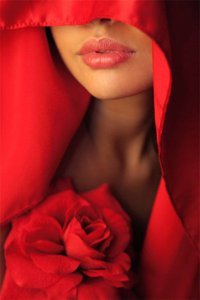
SHAHRZAD
You must train her (the bird kite) to behave.
SEBASTIAN (playfully)
“When Love steals into your alley,
he has no choice.
He longs to kiss every lock of your hair,
he has no choice…”
She picks a Rose and hands it to Sebastian as a gift to give to Elana, her piano teacher who’s his boss. Shahrzad leaves him. He blocks her way. Holding the red rose in front of her, he whispers:
SEBASTIAN
“You are the Rose. I’m the Thorn.
Don’t show your beauty without me.”
– Rumi, 13th C. Persian poet
By the ocean waves, Sebastian recites this poem in Spanish to Shahrzad as he teaches her how to fly a kite, which happens to be in green color.
“Verde que te quiero verde.”
“Green, how I love you green.”
– Federico García Lorca, Spanish poet 1898 –1936
Sebastian secretly throws a Red Paper Plane to Shahrzad who is reading her Rumi’s book in the garden. Shahrzad quickly picks up the kite, and hides it from her approaching husband Sean. Later at night, she secretly reads what’s written inside the rose-red paper plane. She smiles and whispers to herself “Rumi!”
“I slept well last night,
But I woke up drunk.
I must have dreamt about you.”
– Rumi, 13th C. Persian poet
On stage, Shahrzad’s husband Sean is performing his biggest Stand Up Comedy show. His young brother Ray plays his guitar wildly. Shahrzad laughs with the audience- all loving Sean’s sexy dancing to the rhythm of Ray’s guitar. Shahrzad’s iPhone vibrates. She reads:
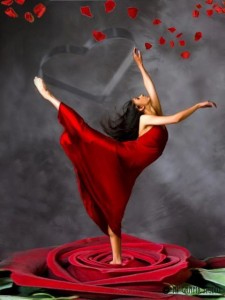
“Like the shadow of a rose,
I must live close to the rose.
If I were separated from you,
I would turn entirely to thorn.”
– Rumi, 13th C. Persian poet.
Sebastian intercepts Shahrzad in the hallway of the Theater where her husband is performing the largest Standup Comedy of his career. Shahrzad anxiously whispers: “I thought you were joking!” Sebastian playfully replies:
“O Rose, the Thorn has no choice.”
– Rumi, 13th C. Persian poet.
Believing Sebastian is leaving her for good, Shahrzad sadly sings in Farsi this song solo at her piano, accompanied by the sweet chirping of her two red birds in a cage by her piano.
“Ruler of my Heart,
Wherever you go,
Don’t go without me.”
– Rumi, 13th C. Persian poet
As Sebastian grieves the death of his mother in Spain, Shahrzad finds him on the beach. They share this verse.
“Do you love me more than you love yourself?
I died to myself so I live only for you.
I love you. I love myself.”
– Rumi, 13th C. Persian poet
Towards the end of this tragic, cross-cultural love story, Shahrzad sings this Rumi song in Farsi to herself on the way to drown herself in the ocean.
“In the slaughterhouse of Love,
they only kill the best, not the weak.
If you are a true lover,
Don’t run away from death.
If you don’t die for Love
You end as dead meat.”
– Rumi, 13th C. Persian poet
At sunset, after Sebastian saves Shahrzad from drowning herself to death, Shahrzad and Sebastian sit by the ocean waves. As her dress is drying in the breeze in the background, she reads these poems to Sebastian, from Lorca’s book of poems that he had gifted to her.
“Green wind. Green branches.
She dreams on her balcony,
with eyes of cold silver.
Green, how I love you green.”
Federico García Lorca, Spanish poet 1898 –1936
“The Rose was not looking for wisdom,
or for shadow: the edge of flesh and dreaming…”
Federico García Lorca, Spanish poet 1898 –1936
Ending spiritual poem “Cycle of Life” is sung by the Actress/Singer Fereshteh Dehghani.
“I died as a mineral, I grew as a plant
I died as a plant, I arose as an animal
I died as an animal, I returned as a human
Why should I fear? When was I less by dying?
When I die as a human, I shall fly with the angels
When I leave my angel-soul, I shall soar higher
I shall reach the ecstasy of the Divine
All shall perish, except the Divine.”
– Rumi, 13th C. Persian poet.
*****
